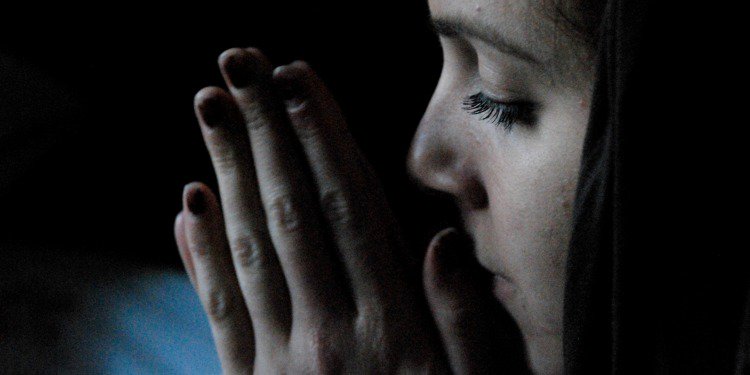Thirty Days and One Year
The Fellowship | February 14, 2019

“The Lord gave and the Lord has taken away; may the name of the Lord be praised.” — Job 1:21
After the period of shiva ends, the mourners enter a new stage, known as shloshim, the remainder of a 30-day period that begins at burial. During this time, the mourners re-enter the realm of regular living, but remain in mourning at the same time. It is a time of transition that allows the mourners to ease back into life while bearing the burden of loss. Precedent for this specific length of time can be found in the Bible as the Israelites mourned Moses for “thirty days, until the time of weeping and mourning was over” (Deuteronomy 34:8).
During the shloshim, the mourners continue to observe some of the mourning customs, such as refraining from getting haircuts, buying new clothing, listening to live music, attending any other types of entertainment, and more. They are, for the time being, still in the midst of grieving their loss and honoring the memory of the departed. Upon the conclusion of 30 days, mourners, with the exception of children mourning a parent, are no longer obligated to observe these restrictions. Children, however, will continue to adhere to restrictions and obligations for an entire year.
Perhaps the most notable aspect of the yearlong mourning process for the children is reciting the kaddish, also known as “the mourners’ prayer,” three times a day at synagogue. Few prayers in the Jewish liturgy can equal the kaddish in terms of the depth of emotion it elicits. The prayer begins, “Exalted and hallowed be His great Name . . .” and then elaborates on this central idea. Through the kaddish, the children declare that God is holy, awesome, and great. Those mourning praise God and pray that the entire world will be filled with His glory. It is a declaration of faith in both God and redemption in the face of personal loss and grief.
In Judaism, when God created man, He breathed a soul of life into man’s nostrils. We believe that our soul is actually a part of God. When a person passes away and the soul leaves the body, in a very real sense a part of God is now missing from the world. There’s a vacuum of God’s presence. In saying the kaddish, the mourners are effectively declaring that while the loved one is gone, those left behind pledge to fill the void they left by exalting God’s name and by bringing greater holiness to the world.
There are several reasons why the Jewish tradition places so much emphasis on saying the kaddish, a custom instituted in the 6th century BCE. Part of the answer lies in the fact that at the very time people most question God for taking away a loved one, through this ritual, they are accepting His will and praising His name as Job did: “The Lord gave and the Lord has taken away; may the name of the Lord be praised” (Job 1:21).
In the Christian Bible, Paul expressed similar sentiments when he exhorted the early church to thank God for everything and in all circumstances (Ephesians 5:20; 1 Thessalonians 5:18). The kaddish is a prayer of hope and faith when the world seems dark and faith might otherwise grow weak.
The final ritual in the Jewish tradition of mourning is observing the anniversary of the death of our loved one with the yahrzeit, named after the German term meaning “time of year.” Family members gather recite the kaddish, and spend time recalling the life of the loved one. It is a powerful time to remember, to reflect, and to honor loved ones who have died. It is one of the most widely observed Jewish practices today. In fact, most Jews have as their deepest and most fervent prayer the hope that their children will, in turn, recite the kaddish for them.
Mourning loved ones, and in particular, parents, is a journey no one desires, yet with God’s help, mourners can travel from grief to growth, from pain to purpose, and from feeling despair to the faith that family will be reunited with loved ones once again.
